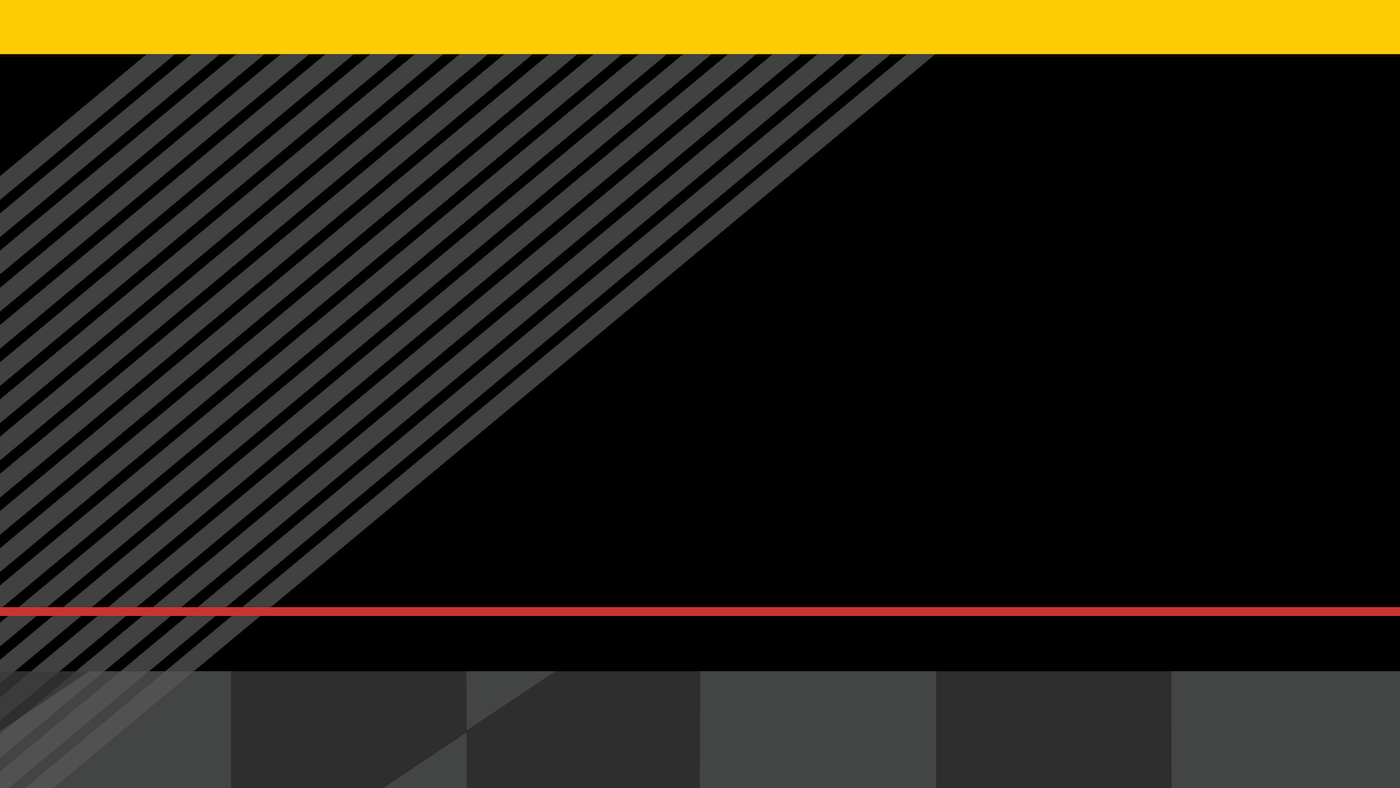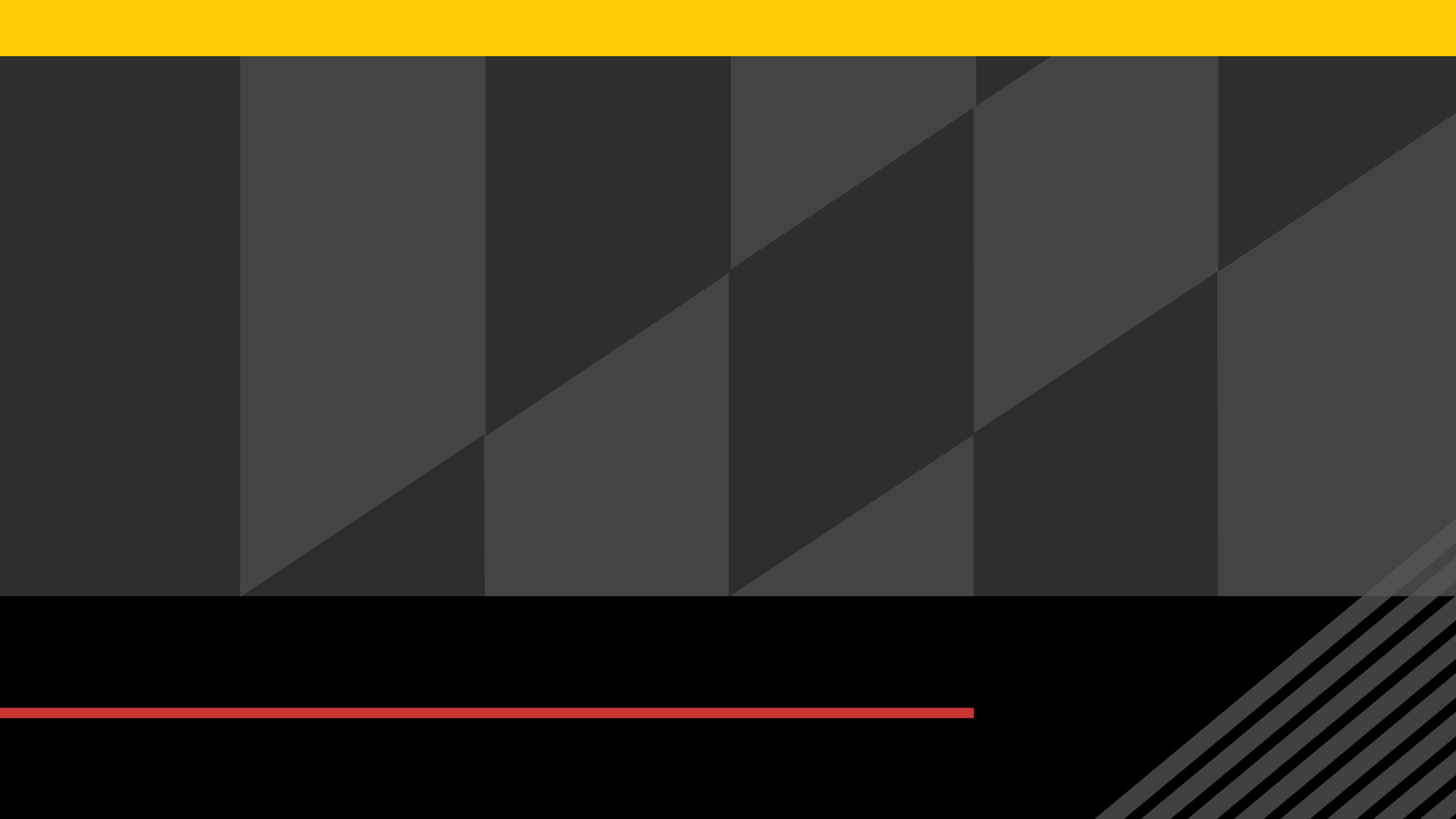Covid and . . . How To Do Rhetoric in a Pandemic (Michigan State UP, 2023. Edited by Emily Winderman, Allison L. Rowland and Jennifer Malkowski) is among the first edited collections to consider how rhetoric shapes Covid’s disease trajectory. Arguing that the circulation of any virus must be understood in tandem with the public communication accompanying it, this collection converses with interdisciplinary stakeholders also committed to the project of social wellness during pandemic times. With inventive ways of thinking about structural inequities in health, these essays showcase the forces that pandemic rhetoric exerts across health conditions, politics, and histories of social injustice.
Contributions include:
"Introduction: An Agenda for Pandemic Rhetoric," Allison L. Rowland, Emily Winderman, and Jen Malkowski
Part One: Pre-existing and Chronic
"Covid and Racialized Myths: Pre-existing Conditions and the Invisible Traces of White Supremacy," Raquel M. Robvais
"Covid and Environmental Atmospheres: Pulmonary Publics and Our Shared Air," Sara DiCaglio
"Covid and Science Denialism: The Rhetorical Foundations of US Anti-Masking Discourse," Kurt Zemlicka
"Covid and Vaccine Hesitancy: Tracing the Tuskegee-Covid Straw Man Fallacy as a History Presently Unfolding," Veronica Joyner and Heidi Y. Lawrence
Part Two: Essential and Disposable
"Covid and Essential Workers: Medical Crises and the Rhetorical Strategies of Disposability," Marina Levina
"Covid and Being a Doctor: Physicians' Published Narratives as Crisis Archive," Molly Margaret Kessler, Michael Aylward, and Bernard Trappey
***"Covid and Fatphobia: How Rhetorics of Disposability Render Fat Bodies Unworthy of Care and Life," Hailey Nicole Otis***
"Covid and Intersex: In/Essential Medical Management," Celeste E. Orr
Part Three: Remedy and Resistance
"Covid and Shared Black Health: Rethinking Nonviolence in the Dual Pandemics," DiArron M.
"Covid and Masking: Race, Dress, and Addressivity," Angela Nurse and Diane Keeling
"Covid and Disability: Tactical Responses to Normative Vaccine Communication in Appalachia," Julie Gerdes, Priyanka Ganguly, and Luana Shafer
"Covid and Doubt: An Emergent Structure of Feeling," Jeffrey A. Bennett




